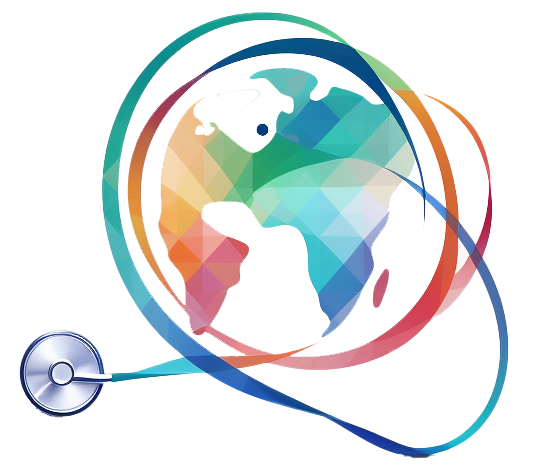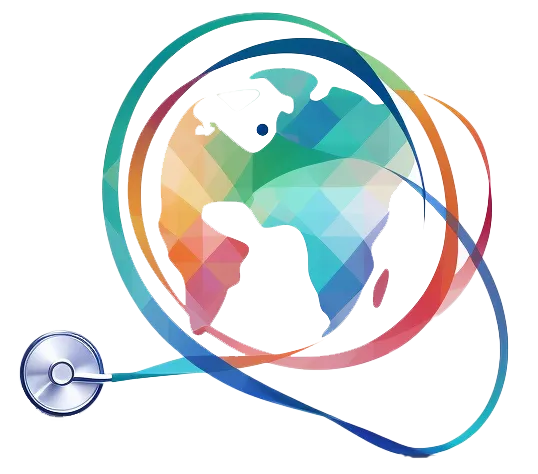The modern epoch has witnessed an unprecedented surge in biomedical advancements, with genetic editing perching itself on the pinnacle of these innovations. Anchored in the manipulation of an organism’s genetic material, genetic editing, particularly through mechanisms like CRISPR-Cas9, portends a future where maladies are obliterated even before birth. However, as we stand on the brink of these scientific milestones, it’s pivotal to navigate through the intricate ethical tapestry enveloping genetic editing.
The Allure of Genetic Manipulation
The herald of genetic editing beckons a future teeming with possibilities – from eradicating genetic disorders to enhancing agricultural yield. In the realm of medicine, it delineates a pathway to alleviate suffering by rectifying genetic anomalies, thereby cushioning populations against a spectrum of hereditary conditions like cystic fibrosis and sickle cell anemia.
Treading on Ethical Thin Ice
Despite its therapeutic promises, genetic editing unfurls a myriad of ethical quandaries. The prospect of “designer babies” looms large, where socio-economic disparities could translate into genetic inequities. Affluent strata might leverage genetic editing to engineer offspring with desirable traits, thereby sowing seeds of genetic elitism. Such scenarios ignite debates about natural justice, fairness, and the moral permissibility of manipulating natural processes.
Accessibility and Equity
The questions of who gets access to genetic editing technologies and how they are deployed stand paramount. The possibility of elevating genetic editing from a therapeutic intervention to an instrument of enhancement brings forth concerns about creating genetically altered echelons of society, whereby disparities are etched into our DNA.
The Slippery Slope to Unbridled Manipulation
Additionally, there’s an inherent risk of spiraling down a slippery slope, where the boundaries between therapeutic genetic editing and enhancing physical or cognitive capabilities become perilously blurred. What starts as a noble quest to eradicate diseases might cascade into endeavors to manufacture “perfection”, thereby entangling humanity in ethical and moral dilemmas.
Regulating the Genetic Frontier
Confronted with these ethical maelstroms, regulatory frameworks become paramount to tether scientific progress to moral and ethical anchors. Transparent, inclusive, and equitable guidelines that enshrine the principles of justice, autonomy, and beneficence should be the linchpins around which genetic editing revolves. International collaborations and conventions can play a pivotal role in steering the ethical trajectory of genetic editing.
In Conclusion
The juxtaposition of genetic editing against an ethical backdrop necessitates a conscientious and judicious approach. It beckons a future where science and morality are not disparate entities but are intertwined in a synergistic embrace. As we tread into this new frontier in medicine, ensuring that ethical, social, and moral paradigms evolve congruently with scientific advancements is imperative. Thus, the orchestration of genetic editing should resonate not only with the melodies of scientific progress but also with the harmonious chords of ethical principles and moral values.
Note: This article is meant to serve as a general overview and starting point for discussions around ethical implications in genetic editing and is not exhaustive or comprehensive in exploring all ethical, social, and philosophical considerations in this sphere. Further research and expert consultation are recommended for a deep dive into the ethical dimensions of genetic editing.

